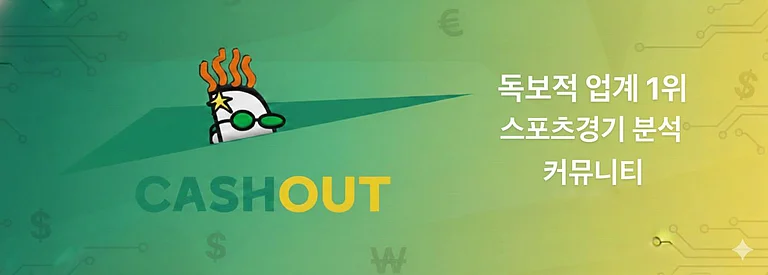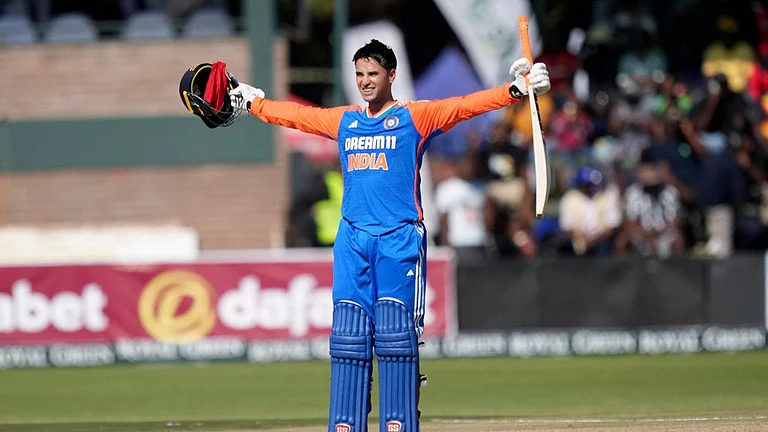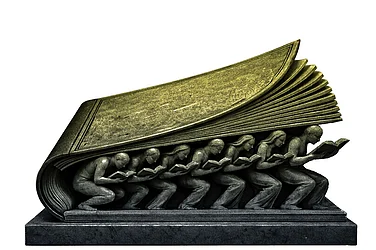The Supreme Court has notified the composition of a five-judge bench headed by Chief Justice of India DY Chandrachud to hear pleas seeking legal recognition for same-sex marriages. The bench will start hearing the cases from April 18.
According to a report by LiveLaw, the bench will have - Chief Justice of India DY Chandrachud, Justice Sanjay Kishan Kaul, Justice Ravindra Bhat, Justice Hima Kohli and Justice PS Narasimha.
A number of petitions have been filed in recent years in various high courts for the legal recognition of same-sex marriages. They seek recognition under Hindu Marriage Act (HMA), Special Marriage Act (SMA), and Foreign Marriage Act (FMA). Gender rights campaigners believe recognising same-sex marriages is the next logical step after decriminalisation of homosexuality.
In fact, despite the decriminalisation of Section 377, same-sex couples continue to face abuse. Outlook had earlier looked at six such stories of queer couples from the recent past, reflective of the varying degrees of the abuse, the othering and even fatal endings that these couples have faced.
Centre's stand so far
The Centre has opposed the petitions seeking legal validation for same-sex marriages, claiming they will cause “complete havoc” with the delicate balance of personal laws and accepted societal values.
The government submitted that despite the decriminalisation of Section 377 of the IPC, which had criminalised consensual gay sex in private, the petitioners cannot claim a fundamental right to same-sex marriage to be recognised under the laws of the country.
"Marriage, as an institution in law, has many statutory and other consequences under various legislative enactments. Therefore, any formal recognition of such a human relationship cannot be regarded as just a privacy issue between two adults," the government had said.
The Centre said the institution of marriage between two individuals of the same gender is neither recognised nor accepted in uncodified personal laws or codified statutory laws.
Outlook had earlier also looked at how far the judicial system has moved regarding the legalisation of same-sex marriages and the legal troubles that have come with it so far.
DCPCR supports pleas
Meanwhile, the Delhi Commission for Protection of Child Rights (DCPCR) has supported pleas seeking legal recognition of same-sex marriages in India in Supreme Court by filing an intervening application.
According to a report by LiveLaw, their application contended that the DCPCR - a statutory body under the Commission for Protection of Child Rights Act, 2005- will be able to assist the Supreme Court on the impact of same-sex marriages on children as they have a total of 15 years of collective experience in dealing with issues pertaining child rights.
(With inputs from PTI)


























